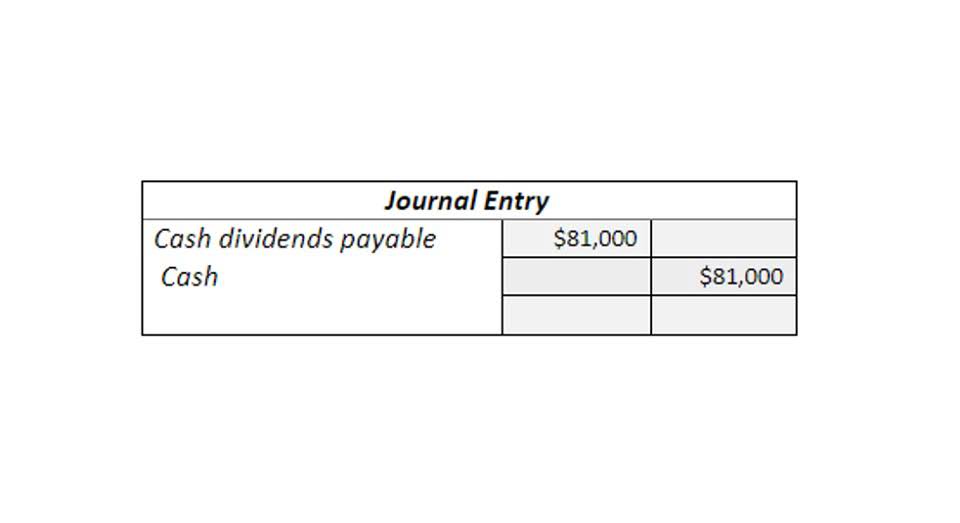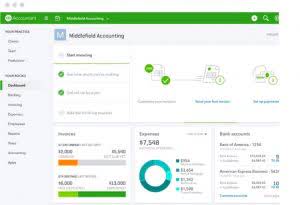
When Sarah receives her bank statement, it shows a balance of $5,000, but her accounting records indicate a balance of $4,200, taking into account the outstanding rent check. It’s important to know what an outstanding check is and the potential risks that go along with them. Many checks remain outstanding which can cause risks to both the person holding a check and the entity that issued it. Fortunately, with today’s technology and mobile banking capabilities, it’s easier and faster than ever to deposit checks.
- Among the various elements that require meticulous attention, managing outstanding checks stands out as an area prone to oversight yet significant enough to impact financial statements.
- When a business writes a check, it deducts the amount from the appropriate general ledger cash account.
- Deadlines are critical in the escheatment process; missing them can result in costly penalties.
- Afterward your bank told you that Mr. X’s bank did not honor the check because there were not sufficient funds in his account.
- This disparity happens due to the gap in time between when the check is processed and when the recipient transfers it.
- Most banks offer various types of overdraft protection, such as linking a savings or a credit card to your checking account.
How to Avoid Outstanding Checks

Explore the financial implications of outstanding checks, including their effects on account balances and reconciliation processes. If that money is spent on something else, you may not have enough money in the bank account to cover all your promises to pay. As Bookkeeping for Consultants a result, your bank account balance may fall below $0 and incur overdraft fees.

Credit entries for interest earned:
- However, it may incur banking charges or take time to cash, establishing it as a monetary instrument that ensures payment after proper due diligence by the bank.
- Integration with bank reconciliation processes quickly identifies and resolves discrepancies between accounting records and bank statements.
- Communication is often the key to uncovering the reason behind the delay.
- To fully understand the concept of outstanding checks, let’s delve deeper into its and explanation.
- In some jurisdictions, uncashed checks may be classified as unclaimed property, requiring compliance with escheatment laws.
- To mitigate risks, it’s crucial to reconcile your accounts frequently to identify outstanding checks.
- The payer may possess a reputation for distributing checks that are likely to bounce or possibly that they could issue stop payment instructions to the bank not to execute the check.
Below, we outline the crucial stages of managing outstanding checks through escheatment. If you’ve issued an outstanding check, you need to monitor your account. The money to cover the check must be available when your recipient deposits the check.

Managing Outstanding Checks in Financial Reporting
- One vital strategy is keeping track of stale dated cheques and ensuring they are voided after a certain period.
- One of the main differences are the outstanding checks that have been recorded in the accounting system but haven’t been recorded by the bank.
- Adjust ledger entries and clear the outstanding checks from your open liabilities.
- If it is voided, you still need to put a stop payment request on the check.
- In conclusion, a proactive approach to managing outstanding checks is essential for businesses to maintain accurate financial records and ensure smooth cash flow.
Whether it is due to insufficient funds, bank errors, or timing issues, it is crucial to address these concerns promptly to avoid any potential . By understanding the underlying causes of outstanding checks, you can take proactive steps to prevent them in the future. Remember, staying informed and staying on top of your financial transactions is key to maintaining a smooth financial journey. This occurs when the account holder does not have enough money in their bank account to cover the amount written on the check. It may be unintentional, such as miscalculating available funds or forgetting to deposit money in time. Another useful practice is to write “outstanding” on the memo line of the check when you write it so you can easily track every check you write.
When you write a check to vendor, the bank has no idea the check has been written. Once the check has been deposited or cashed by your vendor, your bank will debit your account and mark it as a cleared check on your next statement. You are entirely dependent on when the vendor decides to cash the check. What happens if I write a check but the payee doesn’t cash it right away? An outstanding check is one that has been written by someone, but not yet deposited or cashed by the recipient. It remains outstanding checks a liability for the payor until the recipient finally decides to cash it.

In addition to unpresented cheques, a business must also monitor outstanding payments – transactions authorized but not net sales yet deducted from the bank account. These payments, similar to outstanding lodgements, impact the reconciliation process by affecting the cash book balance. Educating staff on the importance of timely and accurate financial reporting can also play a crucial role in avoiding outstanding check issues. When employees understand the impact that these checks have on the company’s financial clarity, they are more likely to adhere to best practices in payment processing and record-keeping. This cultural shift towards financial diligence can lead to more consistent monitoring and quicker resolution of outstanding items. From the payee’s perspective, outstanding checks may have implications related to financial reporting and cash flow management.
Our Review on The Credit One Credit Card
Learn about outstanding checks in finance, including the definition, risks involved, and effective ways to avoid them. Like business checks, personal checks are generally considered invalid after six months (180 days). Outstanding personal checks can cause budgeting problems, but you may have an easier time reminding a friend or family member to cash a check than a business payee.

You can do so by comparing the checks issued in your accounting record with the checks honored as per your bank statement. If your accounting record shows that a check has been issued and your bank statement does not show a corresponding entry for that check, it means that it is an outstanding or unpresented check. You received $800 from Mr. Y (one of your debtors) on January 31, 2021 and recorded it immediately in your accounting records.

